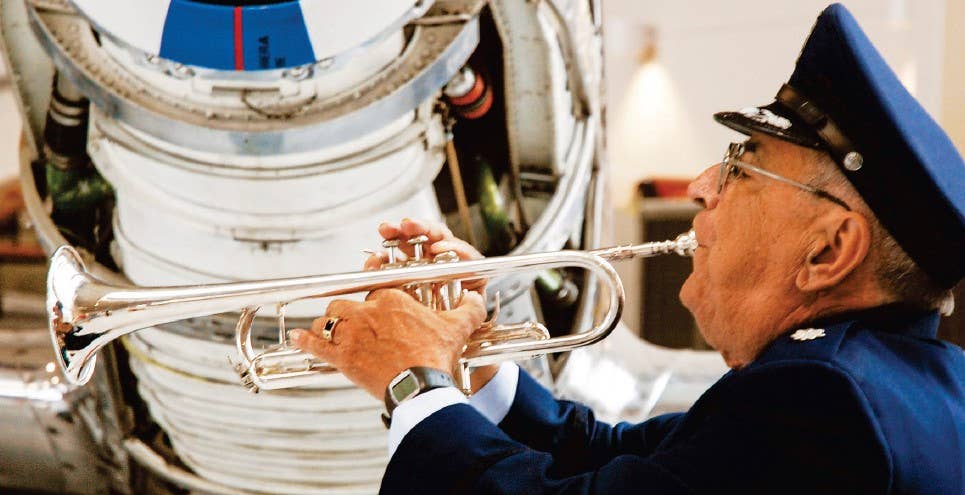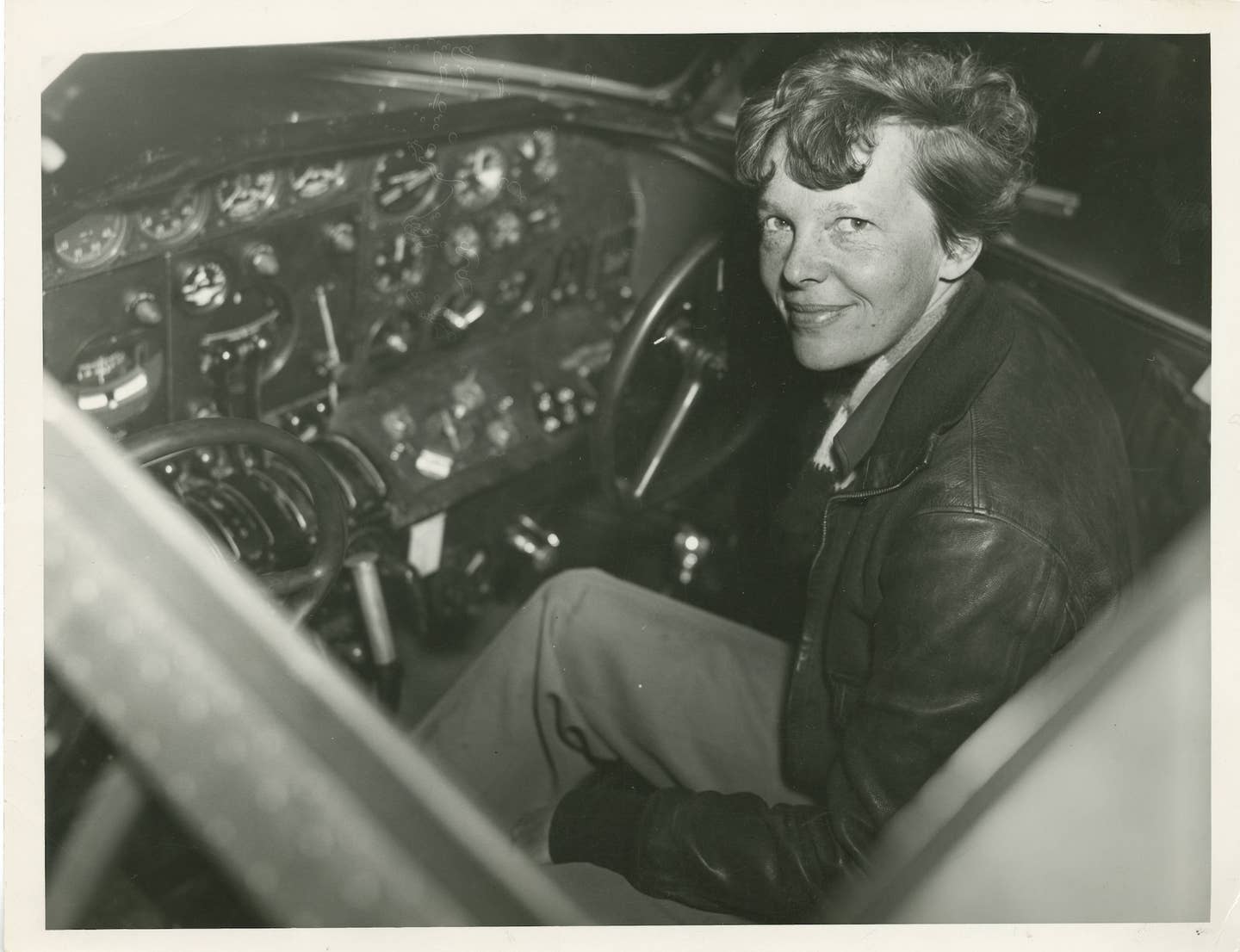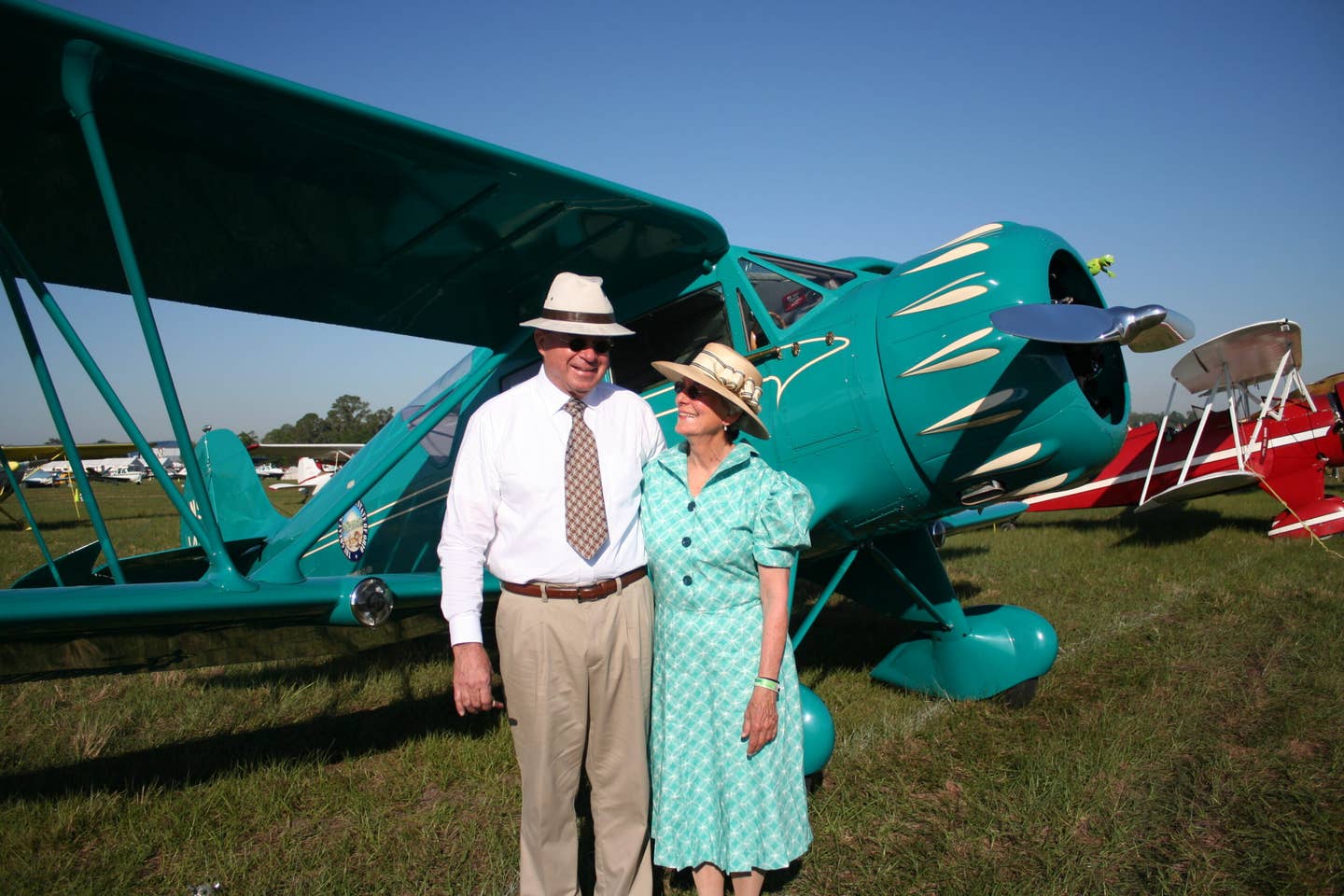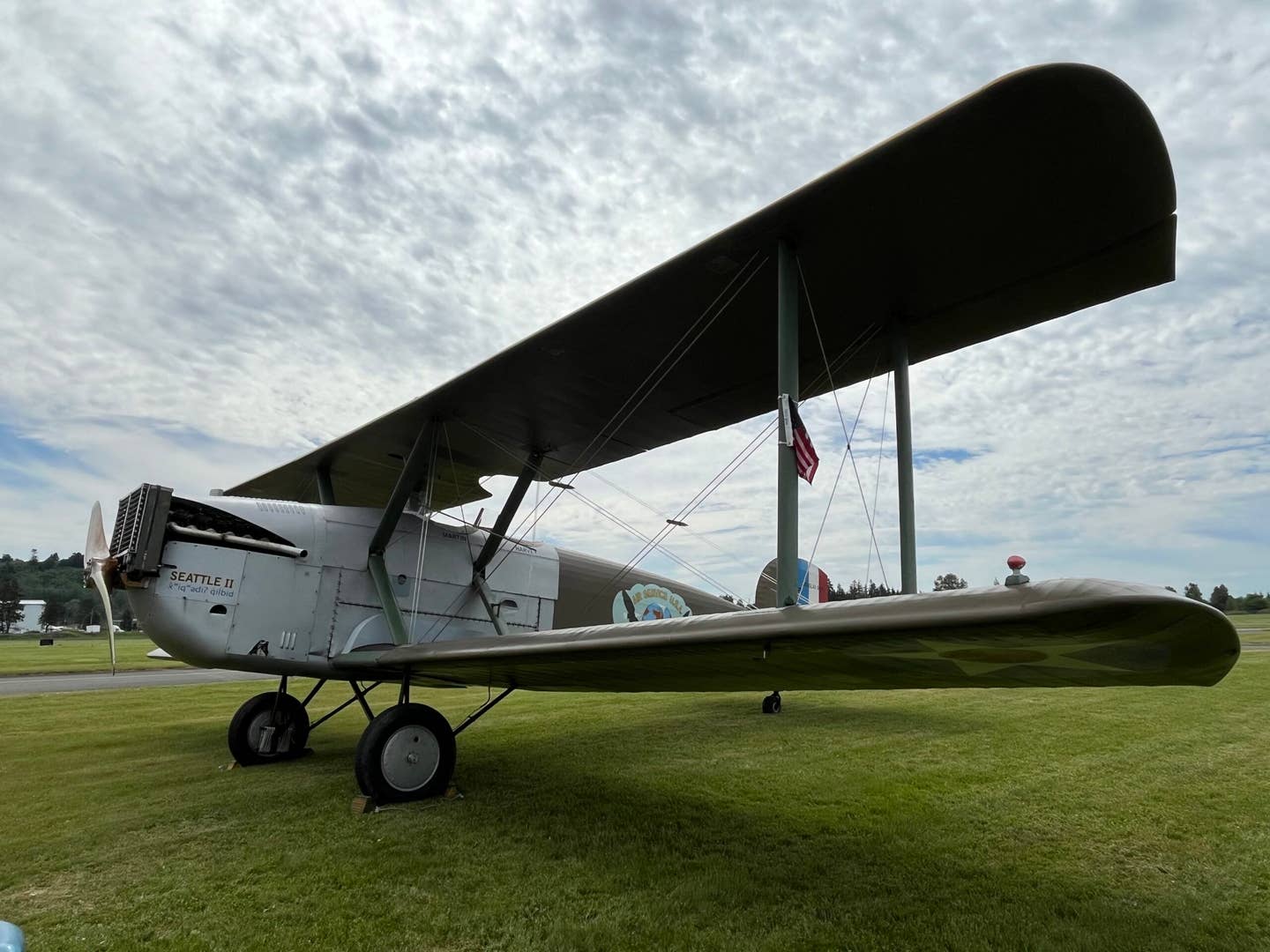The 1942 Stearman Next Door
We explore the allure and cost of restoring a classic warbird trainer.
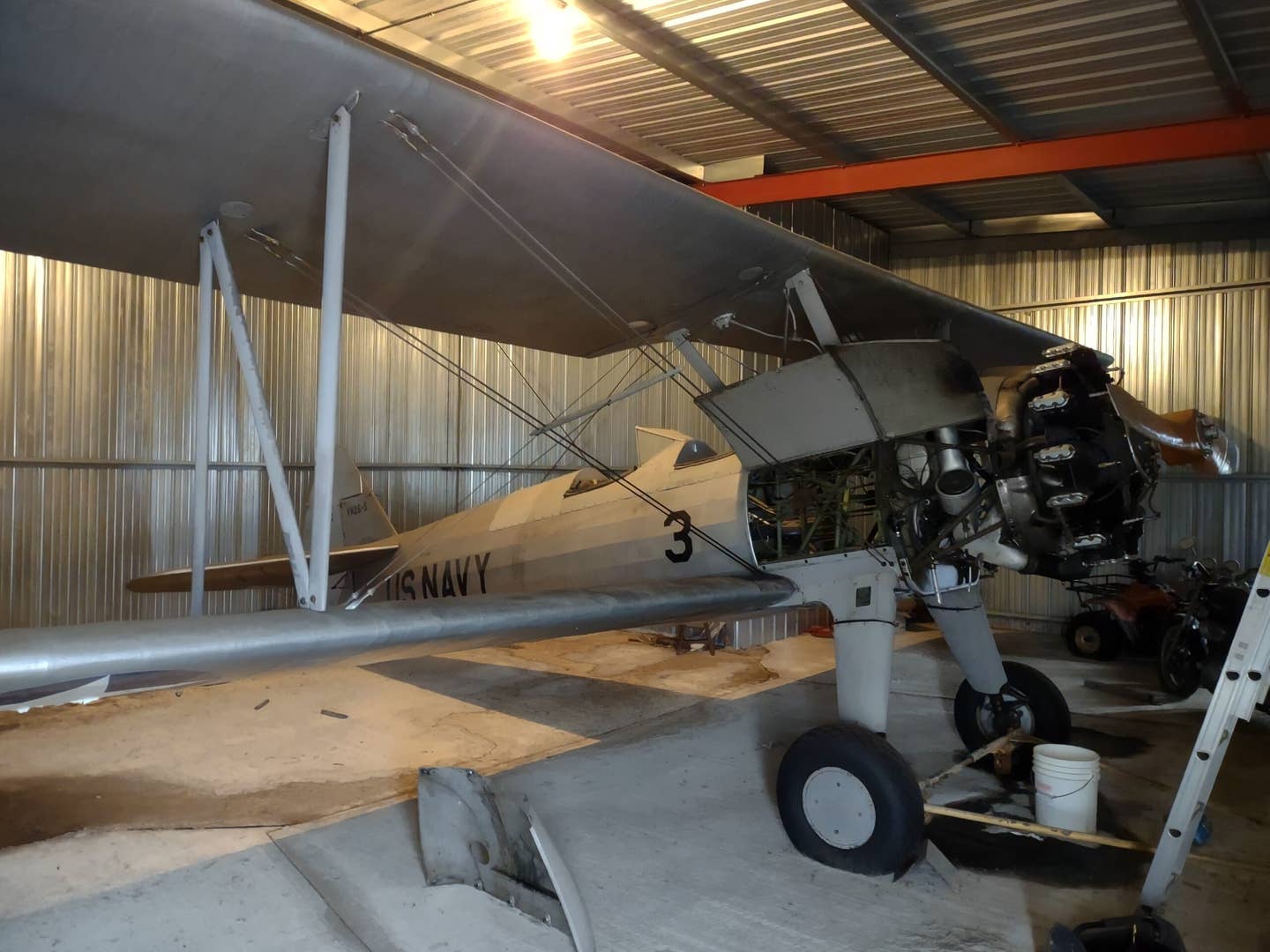
This 1942 Stearman has lived in the hangar next to ours for many years. We plan to get better-acquainted with our neighbor. [Credit: Jonathan Welsh]
Antiques have never been a big part of my life, but certain old things can be fun, like my 1982 Suzuki GS1100 motorcycle. It was a hot ride when I was in high school and it took me until a few years ago to get my hands on one. It is about as much nostalgia as I can handle. Or so I thought until recently.
Early this year I was taxiing to our hangar after a flight when I noticed our next-door neighbor’s bay door was open. From a distance I could see an exposed radial engine, long narrowly spaced landing gear and two stout wings—a Boeing Stearman.
You never know who might be living next door when you are a new tenant at the airport. Many of my neighbors have revealed themselves since Annie, the Commander 114B, and I arrived last November. They are an interesting posse including a Stinson Reliant, a Globe Swift and a Van’s RV-7, and that’s just in one row. I know a couple of Extra aerobatic models are in residence, as is a Fairchild PT-23 Cornell. I have seen them taxiing but do not yet know their exact addresses.
The Stearman next door has not taxied for many years, much less flown. The word on the field is that it has been sitting idle for at least 15 years. After spotting it through the open door and rolling a bit closer I could see one man on a ladder working on the hangar door and another, the hangar landlord, supervising.
After I parked we chatted for a while. I found out that the owner is ready to sell and is asking $70,000, and that the airplane comes with a spare Continental radial engine which rested on a wooden pallet in a corner of the hangar. I suspect that it, like the one on the airplane’s nose, would need an overhaul.
I do not know whether the machine was in flying condition when parked or was sidelined by a mechanical failure. It looked complete, though. A few access panels had been removed but were present. The covering looked good, with no tears or holes, though I am sure it would need replacement anyway. Painted all-over silver-gray, it had white stars in blue circles for insignia – no bars, stripes or red dots. This particularly simple livery happens to be my favorite for a Stearman.
“I’m sure you could get it back in the air,” the hangar guy said. I think his tone was slightly sarcastic but I cannot be certain. “In my dreams, perhaps,” I said to myself. No, this old darling will have to find a real restorer—someone with the time, knowledge and budget to tackle what is going to be a big project.
“It will cost $80,000 just to re-cover that airplane, and I wouldn’t trust the motor, either,” a mechanic friend told me.
He also mentioned that a pilot based nearby has a well-kept Stearman that he flies regularly and probably would sell for the same price as the project airplane. While at first I thought his price estimate was an exaggeration, I no longer think so after checking restoration shops’ price lists. It seems like after new covering and getting the engine, rigging and avionics into shape one could wind up owning the world’s most expensive Stearman.
That thought made me wonder just what it would take to get the airplane airborne again. In the coming weeks I plan to dig into this hypothetical endeavor, which has become a source of jokes among colleagues who think I might want to buy the thing and restore it myself. There is no way that will happen. Just ask my wife.
Still, it is bound to be exactly what some aviation enthusiasts would want. I would like to learn about all of the steps such a restoration would entail. Stay tuned.

Subscribe to Our Newsletter
Get the latest FLYING stories delivered directly to your inbox

